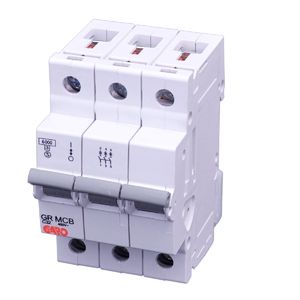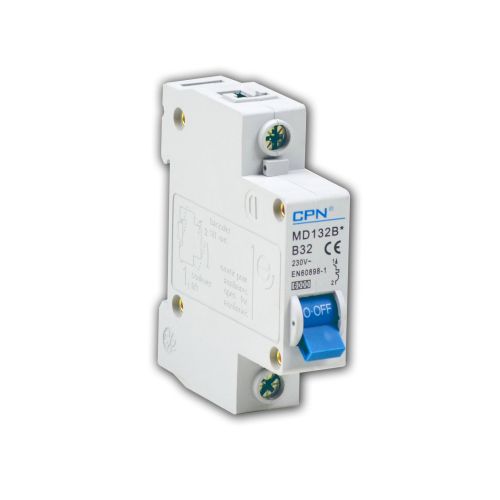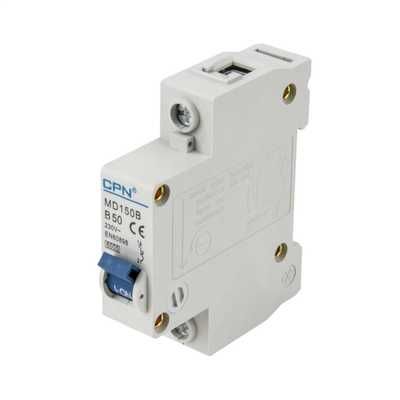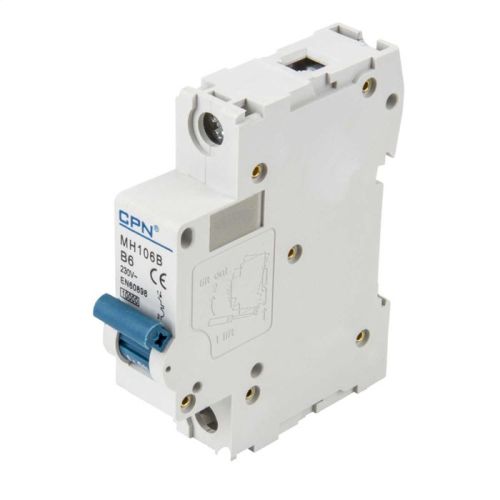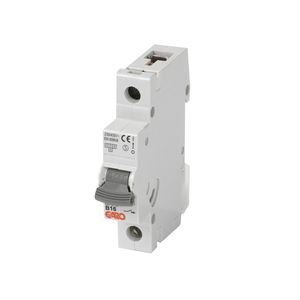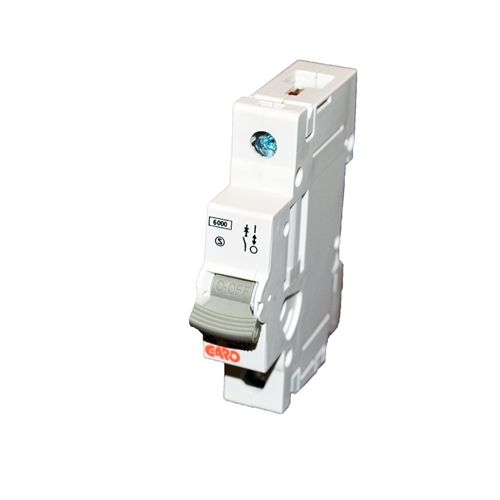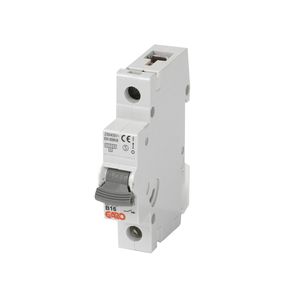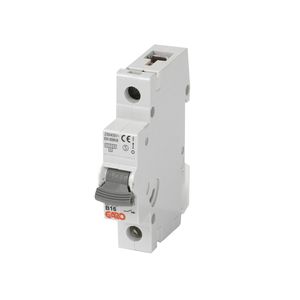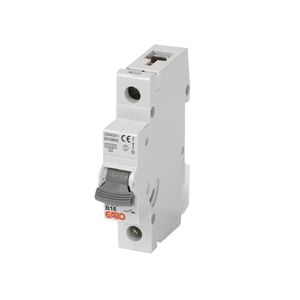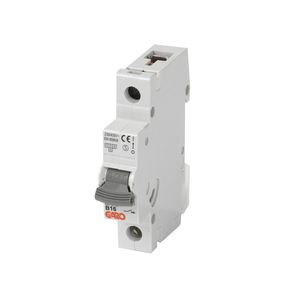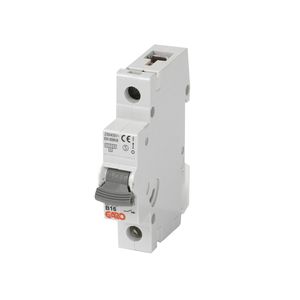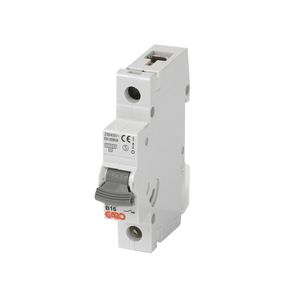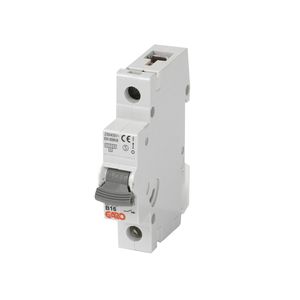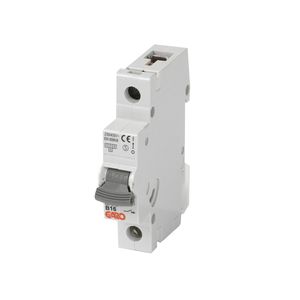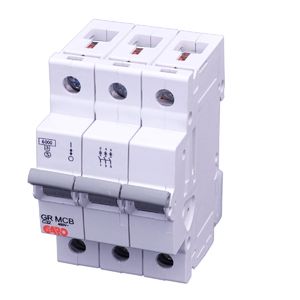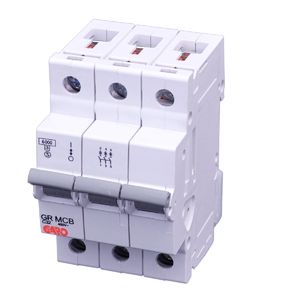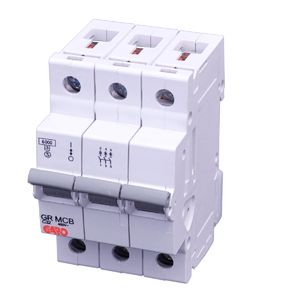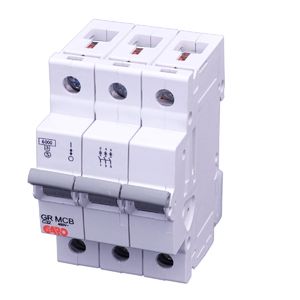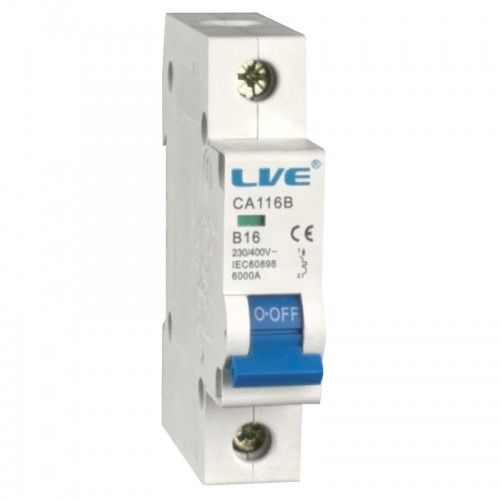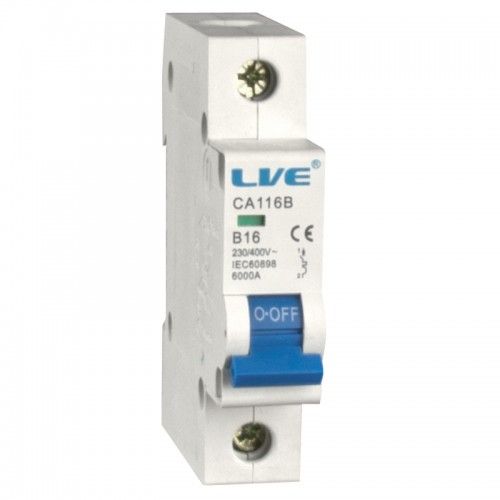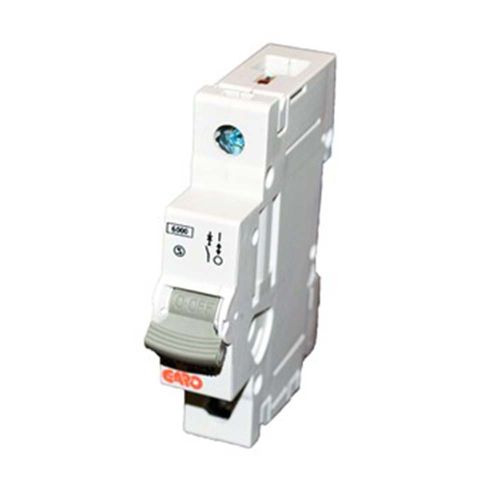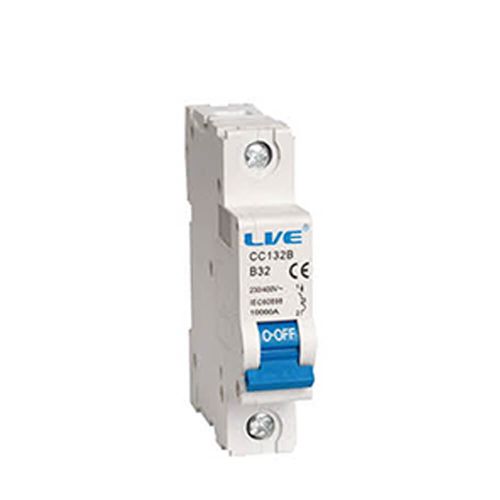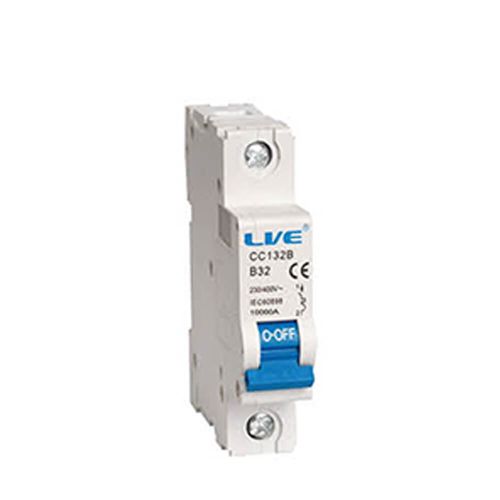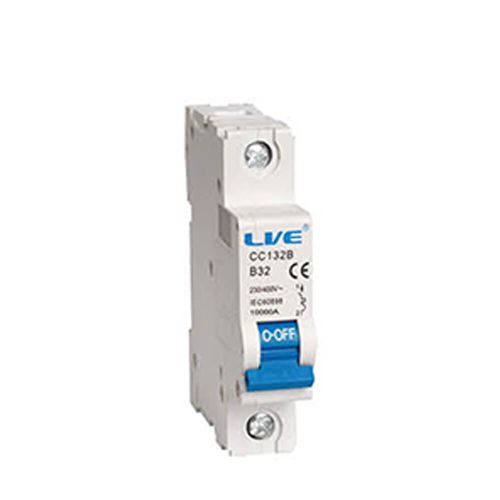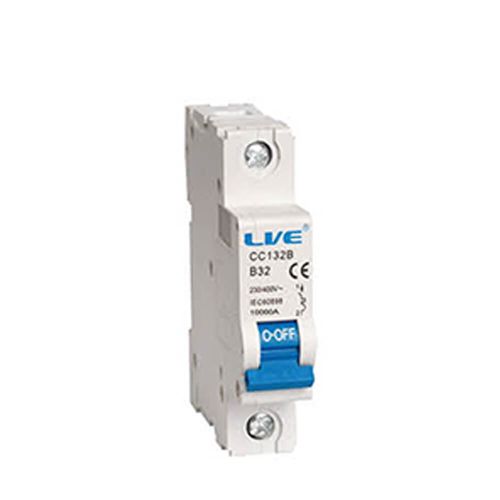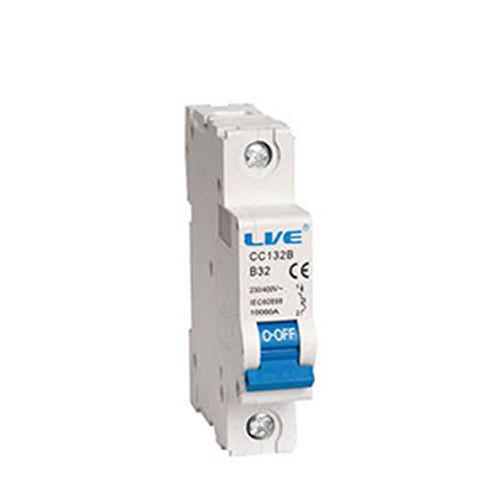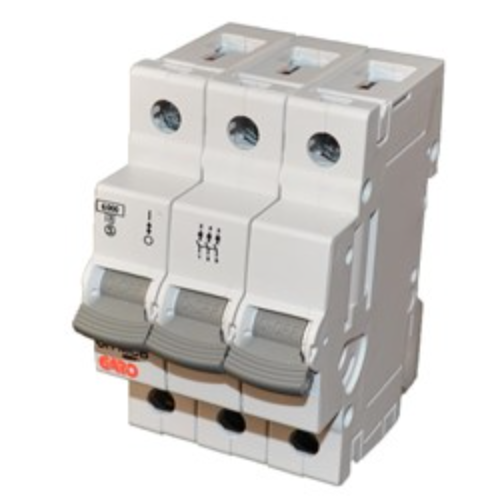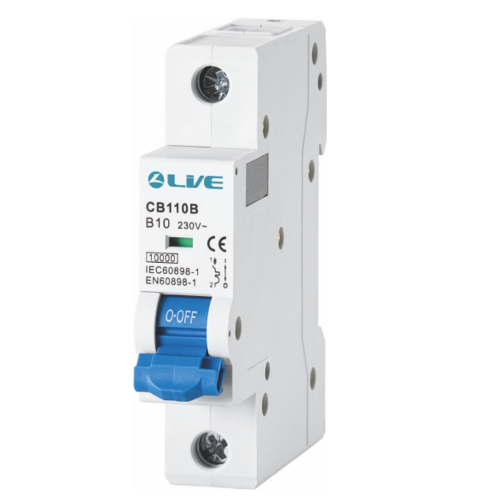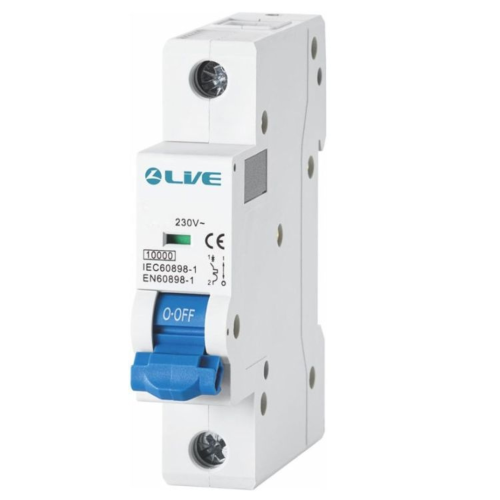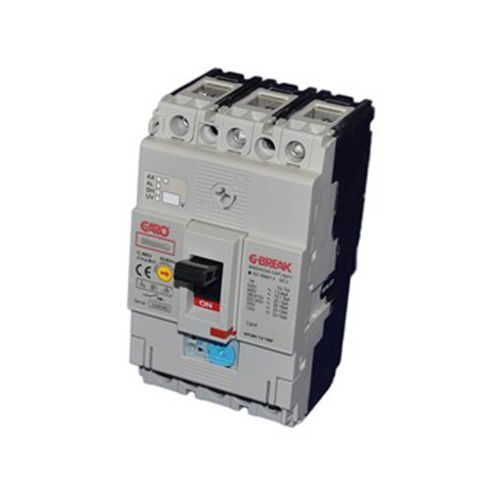MCB’s
MCBs – Miniature Circuit Breakers
MCB is an abbreviation for Miniature Circuit Breaker, designed to protect an electrical circuit. An MCB automatically switches off the electrical circuit during an abnormal condition of the network in overload condition or faulty condition.
MCBs are commonly used as isolating components in domestic, commercial, and industrial settings.
There are 3 common types of MCBs:
- Type B breaker
- Type C breaker
- Type D breaker
Type B MCBs
Type B circuit breakers are used in domestic circuit protection where there is little need for surge permission.
Designed to trip if the current flowing through hits between three and five times the recommended maximum or ‘rated load’.
Type C MCBs
Type C circuit breakers are used for more powerful electrical devices where any surges are likely to be higher, such as commercial and lighting industrial environments.
They are designed to trip at currents between five and ten times their rated load.
Type D MCBs
Type D circuit breakers are the least sensitive type, only activating when current surges to between ten and twenty times the recommended maximum.
D-rated MCBs are built for heavy-duty commercial and industrial devices where very strong current surges occasionally occur. Examples include welding equipment, X-ray machines, compressors, large motors, and other heavy industrial facilities.
Shop Distribution & Control products such as Consumer Unit accessories including RCBO's, RCD's, Isolators, Contactors, Switchfuses, Busbars, and more.
FAQ's
- What are MCBs?
- What do MCB’s protect against?
- Where are MCB’s installed?
- What causes MCBs to trip?
- How to choose a suitable MCBs?
- What types of MCBs do you stock?
- What are Type B MCBs used for?
- What are Type C MCBs used for?
- What are Type D MCBs used for?

